-
Doctors
-
Specialities & Treatments
Centre of Excellence
Specialties
Treatments and Procedures
Hospitals & Directions HyderabadCARE Hospitals, Banjara Hills CARE Outpatient Centre, Banjara Hills CARE Hospitals, HITEC City CARE Hospitals, Nampally Gurunanak CARE Hospitals, Musheerabad CARE Hospitals Outpatient Centre, HITEC City CARE Hospitals, Malakpet
HyderabadCARE Hospitals, Banjara Hills CARE Outpatient Centre, Banjara Hills CARE Hospitals, HITEC City CARE Hospitals, Nampally Gurunanak CARE Hospitals, Musheerabad CARE Hospitals Outpatient Centre, HITEC City CARE Hospitals, Malakpet Raipur
Raipur
 Bhubaneswar
Bhubaneswar Visakhapatnam
Visakhapatnam
 Nagpur
Nagpur
 Indore
Indore
 Chh. Sambhajinagar
Chh. SambhajinagarClinics & Medical Centers
Book an AppointmentContact Us
Online Lab Reports
Book an Appointment
Consult Super-Specialist Doctors at CARE Hospitals

Breast Augmentation
Breast Augmentation
Breast Increase Surgery in Hyderabad
Breast augmentation, also known as augmentation mammoplasty, is a surgical operation that enlarges the breasts. Breast implants are inserted beneath the breast tissue or chest muscles.
Some people may benefit from breast augmentation or breast increase surgery to boost their confidence. Others see it as part of the process of rebuilding the breast in order to alleviate a variety of issues.
If you're considering breast augmentation, or breast increase surgery in Hyderabad consult with a plastic surgeon at CARE Hospitals. Make sure you understand everything about surgery, including potential risks, complications, and post-operative care.
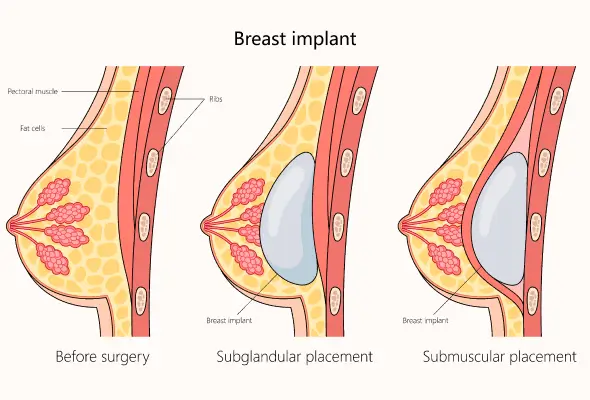
Getting the Bilateral Augmentation Mammoplasty in Hyderabad could benefit you in the following ways:
-
Improve your appearance if you believe your breasts are little or that one is smaller than the other. This will influence how you dress or the sort of bra required to cope with the asymmetry.
-
Make allowances for a decrease in the size of your breasts following pregnancy or severe weight loss.
-
After breast surgery to correct unequal breasts.
-
Increase your self-esteem.
Risks
Breast augmented mammoplasty in Hyderabad has the following risks-
-
Scar tissue or the capsular contracture can alter the breast implants.
-
Infection causing breast soreness
-
Alterations in nipple and breast feeling
-
Changes in implant position
-
Implant rupture or leakage
-
Correcting these issues can lead to surgeries or other implants.
Symptoms
There are certain symptoms that can indicate a drawback or a risk factor post-breast augmentation. There are two common things that one may experience if you have an implant done wrong.
-
Breast implant with Anaplastic Large cell lymphoma
-
Breast implant-associated anaplastic large cell lymphoma is the medical term for this disorder (BIA-ALCL).
-
The FDA believes that women who have textured breast implants have a very low but increased chance of getting BIA-ALCL.
-
However, this does not imply that these implants are the cause of BIA-ALCL.
-
More research is needed to determine the link between the illness and breast implants.
-
Breast implant illness
-
Breast implants may cause systemic symptoms, sometimes known as breast implant sickness.
-
The precise association between these symptoms and breast implants is unknown.
-
Fatigue, memory loss, skin rash, difficulty concentrating and rationalizing, and joint discomfort can be experienced if you’ve breast implant illness.
-
The discomfort may be alleviated if the breast implants are removed.
Diagnosis
Doctors at CARE Hospitals in India would take a full diagnostic exam before bilateral augmentation mammoplasty in Hyderabad. These examinations include- physical examinations, imaging procedures, and other secondary examinations related to the preliminary results.
-
Physical examinations would include routine urine, blood, and other biological fluid tests. Your blood pressure, sugar level, fever, and other illnesses would be considered before the procedure.
-
The type of medication and family history of the person is also analyzed before the surgery.
-
If the doctor sees any issue prior to the procedure, he may recommend other medications before the surgery.
-
After all the analysis and diagnoses, you’ll be prepared for the surgery.
-
You'll meet with a plastic surgeon at CARE Hospitals to discuss your choices for the size, feel, and appearance of your breasts. The surgeon will detail various types of implants — smooth or textured, round or teardrop-shaped, saline or silicone — as well as surgical procedures.
-
A baseline of the mammogram is taken before the operation to see the diagnosis. Doctors can also recommend certain drugs and stop the dosages accordingly.
-
Before 6 weeks, you will be asked to not smoke.
Treatment
During
-
A single cut or an incision is made to insert the breast implant. This can be done in one of the three places- inframammary, axillary, and periareolar. (These are creases under the breasts, under the arm, or around the nipple respectively.)
-
Following an incision, the surgeon will separate your breast tissue from the muscles and connective tissue of your chest. This produces a pocket behind or in front of the outermost muscle of the chest wall (pectoral muscle). The implant will be placed in this pocket and centered behind your nipple by the surgeon.
-
Saline implants are implanted empty and subsequently filled with sterile salt water once in place. Silicone has silicone gels.
-
When the implant is in place, the surgeon will heal the incision with stitches (sutures) and wrap it with skin adhesive and surgical tape.
After
-
Soreness and oedema are likely for a few weeks following surgery. Bruising is also a possibility. Scars will lessen over time but will not totally disappear.
-
Wearing a compression bandage or sports bra for added support and positioning of the breast implants may be beneficial while you are recuperating. The doctor at CARE Hospitals may recommend pain relievers.
-
Follow your surgeon's recommendations for resuming normal activities. If you don't have a physically demanding job, you might be able to return to work in a few weeks.
-
Avoid intense activity — anything that could elevate your pulse or blood pressure — for at least two weeks. While you're recuperating, keep in mind that your breasts will be sensitive to physical contact or jarring movements.
Why Choose CARE Hospitals in India?
Breast implants are prostheses that are implanted into the breast tissue in order to change the breasts. There are three types of mammary implants: saline implants, silicone implants, and alternative composition implants. This type of surgery necessitates advanced equipment and skilled surgeons, and CARE Hospitals have earned a reputation as one of the best breast augmentation surgery hospitals in India.
Our Doctors
-
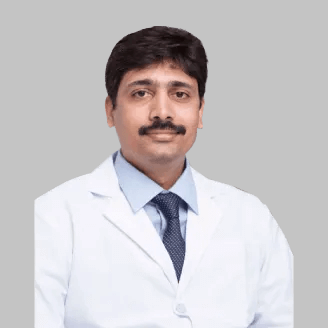
Dr. Annamaneni Ravi Chander Rao
MBBS, MS (General Surgery), MCh (Plastic Surgery)
Plastic Surgery
View More -

Dr. Dasari Madhu Vinay Kumar
MBBS, MS (PGI), MCh (PGIMER, CHD)
Plastic Surgery
View More -
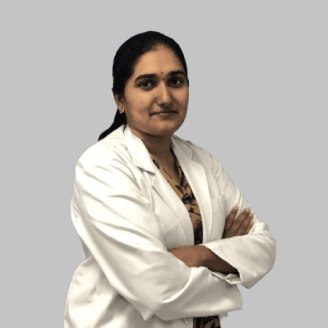
Dr. Deepthi. A
MBBS, MS (General Surgery) , MCh (Plastic Surgery)
Plastic Surgery
View More -
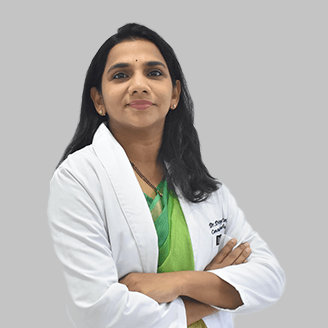
Dr. Divya Sai Narsingam
MS, MCh (Plastic surgery)
Plastic Surgery
View More -
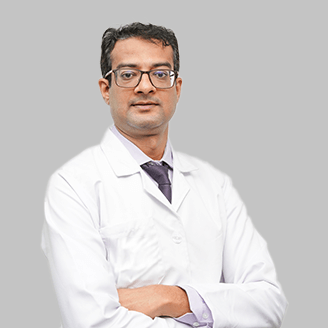
Dr. Prachir Mukati
MBBS, MS, MCh (Plastic and Reconstructive Surgery)
Plastic Surgery
View More -
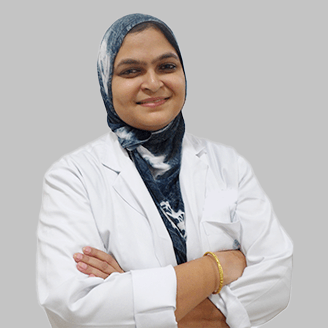
Dr. Shameem Unnisa Shaikh
MBBS, MS (General Surgery)
General Surgery, Plastic Surgery
View More -

Dr. Subhash Sahu
MS, MCh
Plastic Surgery
View More -

Dr. Uday Kumar Chapa
MBBS, MS (JIPMER), MCh (PGIMER Chandigarh), FICS
Plastic Surgery
View More
Frequently Asked Questions
Couldn’t find what you were looking for?
Need any help? Get a Call Back.

Still Have a Question?

